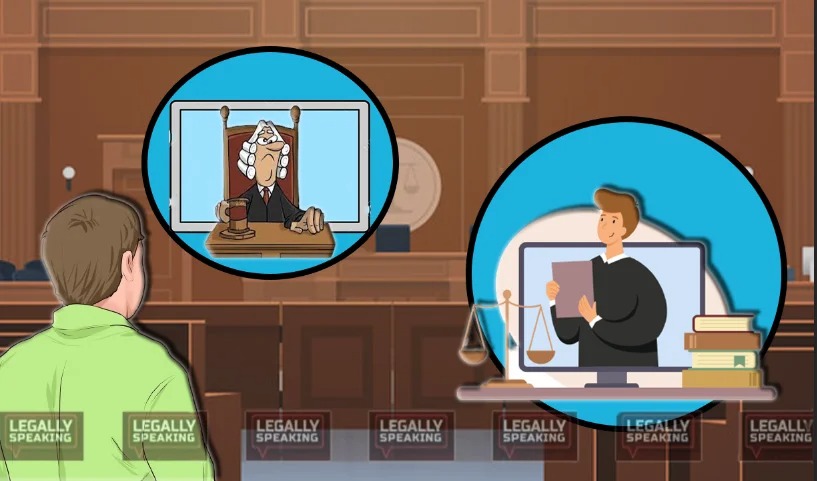
The Delhi High Court has recently issued an order instructing district courts in the national capital to allow a hybrid hearing system for cases.
This new arrangement allows litigants & counsel to participate in court proceedings either through video conferencing or by physically appearing in the courtroom, without the need for prior requests.
Previously, counsel and parties were only permitted to appear physically in the courtroom.
To appear via video conference, they had to submit a written request or an email at least one day in advance. However, this requirement has now been eliminated.
The office order issued by the High Court stated that “The hearings shall be conducted in hybrid/video-conferencing mode in conformity with the High Court of Delhi Rules for Video Conferencing for Courts, 2021 and also bearing in mind the provisions of the Live Streaming and Recording of Court Proceedings Rules of the High Court of Delhi, 2022,” the office order issued by the High Court said.
A Delhi High Court official stated that these changes eliminate geographical barriers in court appearances, as counsel or parties can now join proceedings from anywhere in the world.
Furthermore, the office order states that during hybrid mode hearings, the presiding judicial officer must ensure that only the parties and counsel involved in the case digitally access or participate in the proceedings in certain categories of cases.
These categories include matrimonial matters, cases related to sexual offenses and gender-based violence against women, as well as cases registered under the Protection of Children from Sexual Offenses (POCSO) Act, 2012, and the Juvenile Justice (Care and Protection of Children) Act, 2015.
In proceedings related to the Medical Termination of Pregnancy Act, 1971, in-camera proceedings, evidence recording, including cross-examination, no third parties will be allowed to participate.
Additionally, parties unrelated to the case will be prohibited from joining proceedings in cases where the court believes that their presence would be “antithetical to the administration of justice” or could “provoke enmity amongst communities or result in a breach of law and order.”
However, in such cases, the court must provide written reasons for not allowing third parties to join.
Also, the office order states that, “Further, in a given case, the Court may, for reasons to be recorded in writing, direct the parties and/or their Counsel to appear physically where, in the opinion of the Court, the physical presence of the parties/counsel in the court is required or where the court is otherwise of the opinion that the matter should be heard physically in the court.”




